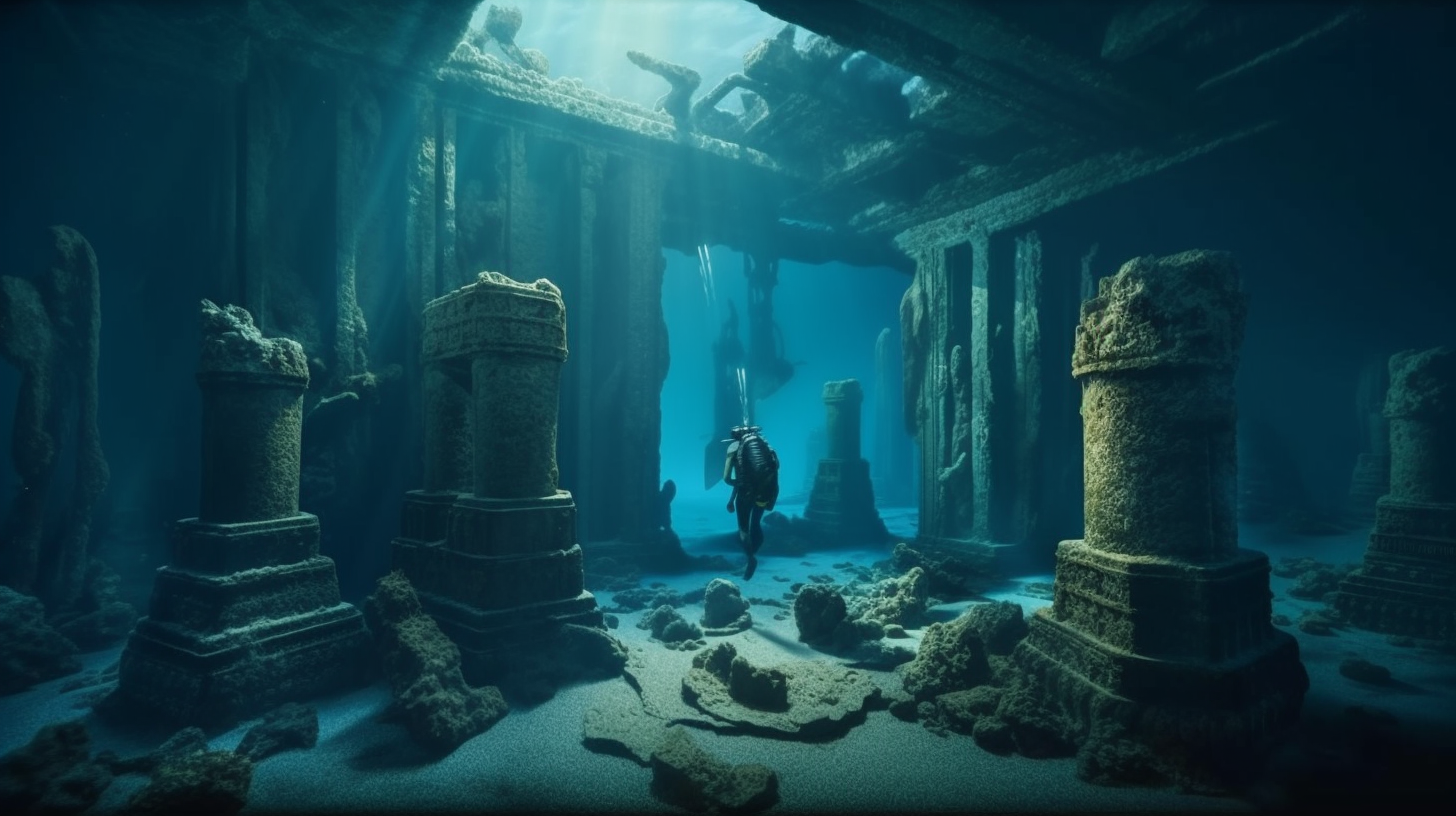Off the coast of the UK, magnetic fields have the potential to be a useful tool in the search for vanished human sites.
There is optimism that this method might be used to uncover long-lost civilizations all across the world. A forthcoming effort will utilize magnetometry data to scour Doggerland, the flooded area of land that connected Britain to continental Europe until the end of the ice age.
The investigation was conducted by the University of Bradford in the UK's Faculty of Archaeology and Forensic Sciences.
Underwater archaeology can be a grueling job, but magnetometry data can make it much easier. Image credit: Vittorio Bruno/Shutterstock.com
They intend to carefully examine the magnetometry data obtained from a section of the North Sea and seek for any odd abnormalities that might point to the existence of ancient buildings.
Since some of the largest prehistoric towns in Europe are believed to have existed there, the team is especially eager to employ these techniques to search for signs of human activity beneath the North Sea.
Doggerland was a lush and diversified habitat that probably attracted prehistoric people and other animals until it was flooded more than 8,000 years ago.
The North Sea has been dug up for a variety of archaeological finds, including mammoth bones, red deer antlers, hunting gear, stone tools, and even a Neanderthal head.
We know little little about the inhabitants and the civilization that previously flourished here, despite the promise that lies beneath the North Sea.
Although the growth of wind farms in the North Sea is assisting Europe in moving away from fossil fuels, it also runs the risk of upsetting undiscovered archaeological monuments.
One of the final major issues facing archaeology is the exploration of the underwater terrain beneath the North Sea.
Map showing the hypothetical extent of Doggerland (c. 10,000 BCE), which connected Great Britain and continental Europe. Image credit: Max Naylor via Wikimedia Commons (CC BY-SA 3.0)
Due to the North Sea's quick expansion as a source of renewable energy, achieving this has never been more important.
Very little of the world's waters has been investigated, much less for archaeology.
Despite this, technological developments continue to demonstrate that the coastlines are hiding a wide variety of signs of early human activity, including proof of long-lost civilizations.
The prospects for marine archaeology are bright because of initiatives like the University of Bradford's and numerous others.









